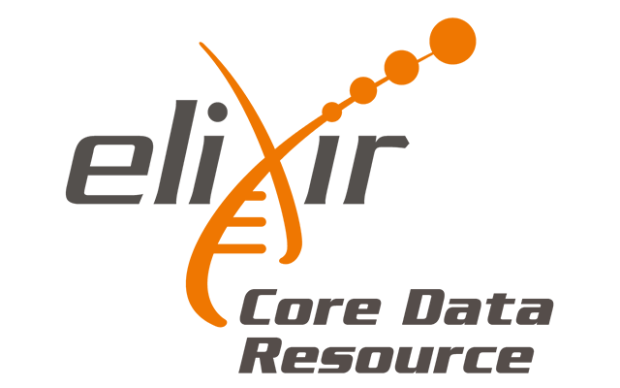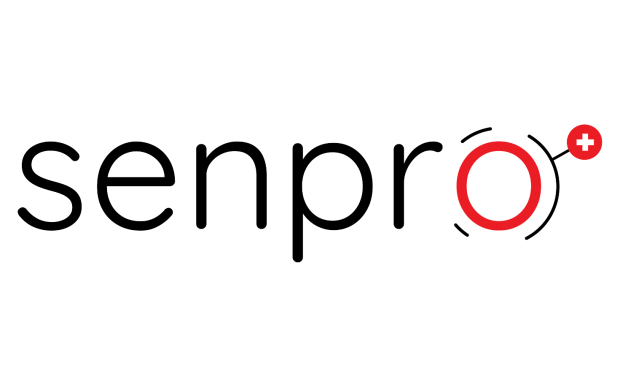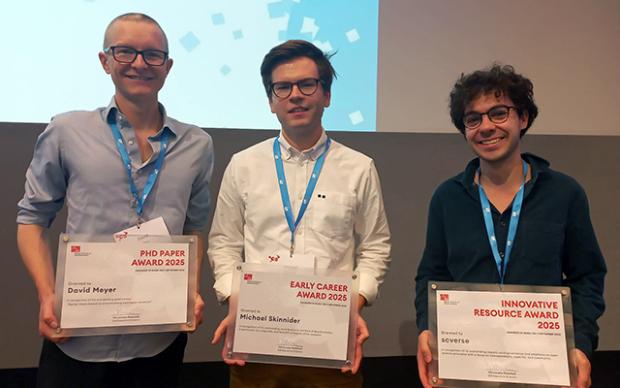Every medical revolution has been driven by a technological breakthrough: chemical synthesis paved the way for modern medicines, genetics for the first gene therapies. The next frontier will be determined by artificial intelligence.
Article by Christophe Dessimoz, SIB Executive Director, originally published in BILAN, a general-interest business magazine from Western Switzerland, as part of the Health 360 supplement (29 October 2025) and in the Tribune de Genève and 24 Heures, two leading newspapers in Western Switzerland, as part of the AI and digitalization supplement (15 December 2025).
AI is only as good as the data that powers it. That means data that is reliable, representative, and collected in compliance with personal data protection laws. Only such high-quality data can ensure that AI learns accurately — helping to identify risk factors earlier, support more precise diagnoses, and propose treatments tailored to each individual.
Western Switzerland already has leading hospitals, renowned universities, and innovative companies. The next challenge is to turn health data into a resource that truly benefits all these actors.
Research infrastructure — a cornerstone of innovation
A national research infrastructure is a public good: it pools complex resources — data, technology, expertise — for the benefit of research and innovation. SIB plays this role in the life sciences, transforming heterogeneous data into reliable, interoperable, and accessible resources. Its funding is based on support from the Swiss Confederation, international research programmes, and services provided to academia, industry, hospitals, and public health authorities.
SIB as a national research infrastructure
As a publicly funded national infrastructure (see box), SIB acts as a trusted third party.
Our scientists and engineers, specialized in life sciences, gather data from a wide range of sources, select the most relevant, document and harmonize them according to international standards — and then make them accessible in a secure, transparent, and responsible way.
This groundwork enables the life science ecosystem, in Switzerland and beyond, to innovate by combining previously fragmented information. And for AI, which relies heavily on data, it offers a robust learning environment — expert-validated, enriched, and privacy-compliant.
Research infrastructure — a cornerstone of innovation
A national research infrastructure is a public good: it pools complex resources — data, technology, expertise — for the benefit of research and innovation. SIB plays this role in the life sciences, transforming heterogeneous data into reliable, interoperable, and accessible resources. Its funding is based on support from the Swiss Confederation, international research programmes, and services provided to academia, industry, hospitals, and public health authorities.
Three concrete examples shaping the medicine of tomorrow
The Swiss Personalized Health Network (SPHN) has established the country’s first national framework enabling high-quality health data to be used for research — without compromising patient confidentiality. This has already made it possible, for instance, to launch a clinical study to improve the diagnosis of rare diseases in children.
Another international collaboration is developing a digital map of human metabolism, combining various types of biological measurements. This reliable reference will allow algorithms to suggest diagnoses and treatments for rare metabolic diseases more quickly — saving precious time for families and medical teams.
Finally, a new initiative is applying AI-based methods to harmonize cancer data across Europe. By making these datasets comparable, the project supports more robust large-scale studies — paving the way for the next major breakthrough in oncology.
A strategic issue for Switzerland’s economy, politics, and society
Beyond science, the stakes are national. Having Swiss-based, reference-quality data collections — managed in line with our laws and values — strengthens our ability to make informed decisions and act independently.
For industry, these resources accelerate the development of diagnostics and treatments while reducing risk; they also attract investment and talent, reinforcing Switzerland’s global economic standing. For policymakers, they represent a key tool for digital sovereignty, especially at a time when national competitiveness and health security are at stake. And for society, their value is direct: better care and a more efficient, sustainable healthcare system.



![Peer Bork giving a talk at the [BC]2 Basel Computational Biology Conference](/sites/default/files/styles/card_image/public/2026-01/Peer-Bork_banner.jpg?h=602a36b5&itok=KM0WZZWK)






